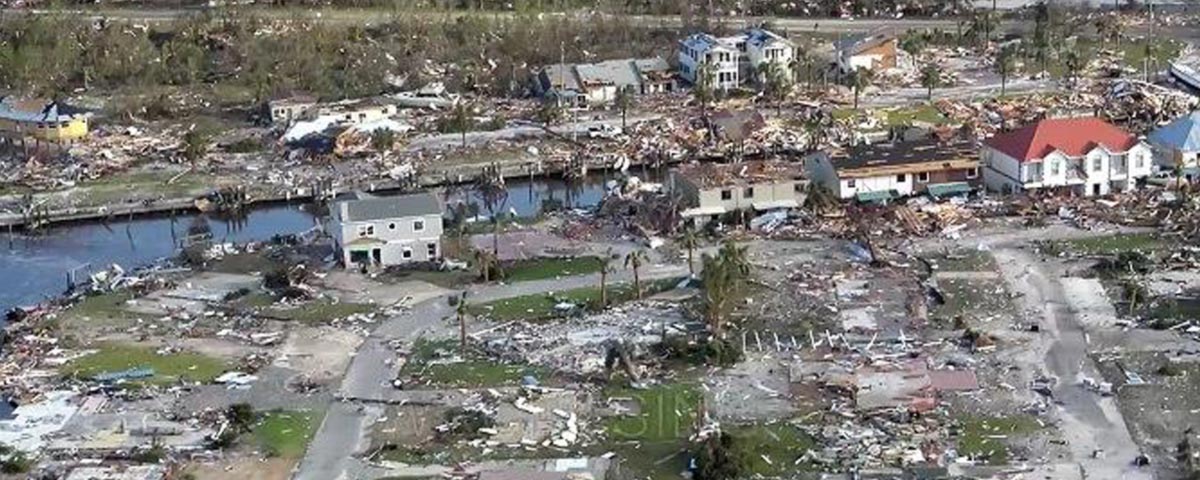
October 12, 2018
September 27, 2018
Rebar Kelly supports Hurricane Michael victims
October 15, 2018New Jersey Affidavit of Merit Changes


On September 1, 2018, New Jersey effectuated new Rules of Court including additions on the affidavit of merit requirement that jurists hope will alleviate frequent motion practice in professional malpractice cases.
The first new Rule, 4:5B-4, essentially codifies the practice of most New Jersey lawyers in interpreting the affidavit of merit statute and putting it in practice. The affidavit of merit statute in New Jersey requires the Plaintiff in any professional malpractice action to file an affidavit from an appropriate licensed person that the defendant’s actions fell below the applicable standard of care within 60 days following the answer to the complaint. N.J.S.A. 2A:53A-27. The new Rule codifies the requirement that a case management conference will be held in the first 90 days after the first answer is filed to discuss discovery-related issues, including the sufficiency of the affidavit of merit. The curriculum vitae of the expert must be provided at least 30 days before the scheduled conference, and specific written objections to any affidavit of merit must be filed no less than 15 days before the conference.
Following the conference, the Court’s case management order will address the sufficiency of the affidavit, the disputes regarding the affidavit, and, in medical malpractice cases, the sufficiency of the qualifications of the affiant or designated expert under the Patients First Act, N.J.S.A. 2A:53A-41. If defendants are joined after the case management conference, the joining party must serve the affidavit of merit and a reasonably current curriculum vitae on the new party within 30 days of joinder. If there is no objection, a consent order will be submitted by the joining party within 60 days of service. If the new party objects, the objections must be in writing and served by the new party within 15 days of receiving the affidavit. If the disputes are not resolved in the 60 days following service of the objections, Defendants should promptly file a motion to resolve the issue(s).
It should be noted that the statute allows the court to grant an additional 60 days for the Plaintiff to file the affidavit of merit if the court finds good cause. The Rule does not address the availability of an extension.
It remains to be seen how this new Court Rule will affect the other interpretations of the statute. The case management conference on the affidavits of merit was originally proposed in the matter of Ferreira v. Rancocas Orthopedic Associates, 178 N.J. 144 (2003). The Supreme Court and Appellate Division have often repeated the necessity of using a Ferreira conference to avoid the frequent appellate issues that arise in relation to the affidavit of merit requirement. The new Rule does not address other common-law interpretations of the technical components of the statute – like the procedural exceptions of substantial compliance and extraordinary circumstances. Further, the waiver of any conference via filed consent order as set forth in a 2004 Notice To The Bar also appears to remain intact.
The second new Rule is found at Rule 4:24-2(b), an addition to the Rule on Motions Required To Be Made During Discovery Period. That rule, in accompaniment of the new Rule on the case management conference, provides for disputes regarding the credentials of experts in medical malpractice actions under the Patients First Act. If a party seeks to challenge the credentials of an expert for anyone other than an expert who authored an affidavit of merit, that motion must be made no later than 30 days from service of the expert report. Such a motion must also be accompanied by a certification about the filing party’s alleged area of specialty as set forth in the Patients First Act and curriculum vitae. This new Rule should both force the parties to discuss the qualifications of any retained expert early, during the first 90 days of the case, as well as force litigators to address credentialing issues of previously undisclosed experts in an expedient fashion after reports are published.

